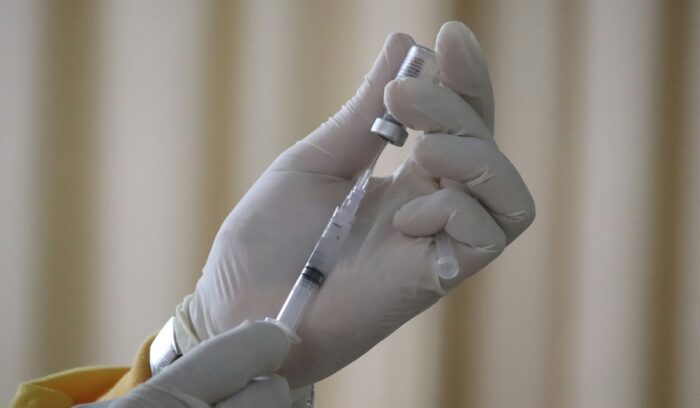Nigeria becomes world’s first country to introduce ‘revolutionary’ meningitis vaccine
Nigeria has become the first country to roll out a “revolutionary” five-in-one vaccine against meningitis, the World Health Organization has announced. The Men5CV vaccine offers a powerful shield against the five major strains of the meningococcal bacteria that cause the disease. Known by the brand name MenFive, it provides broader protection than the vaccine currently used in much of Africa.










